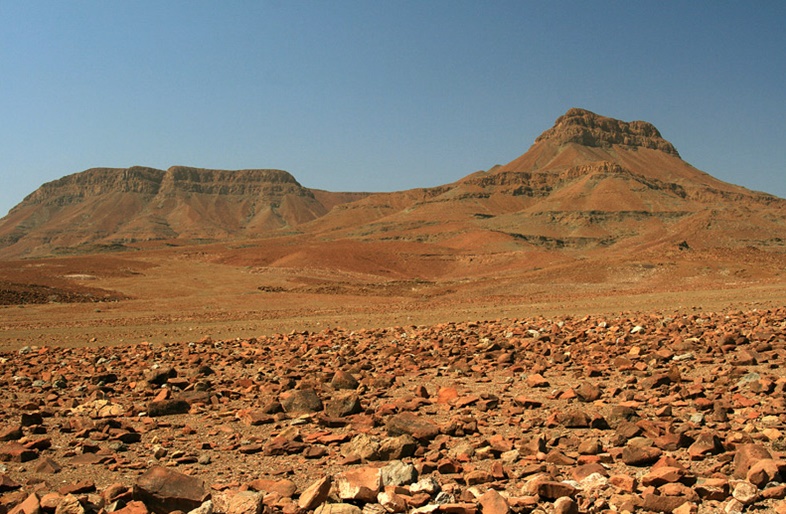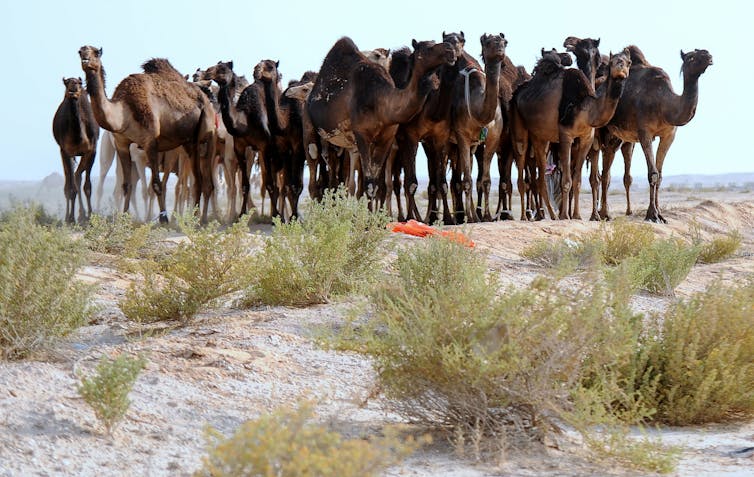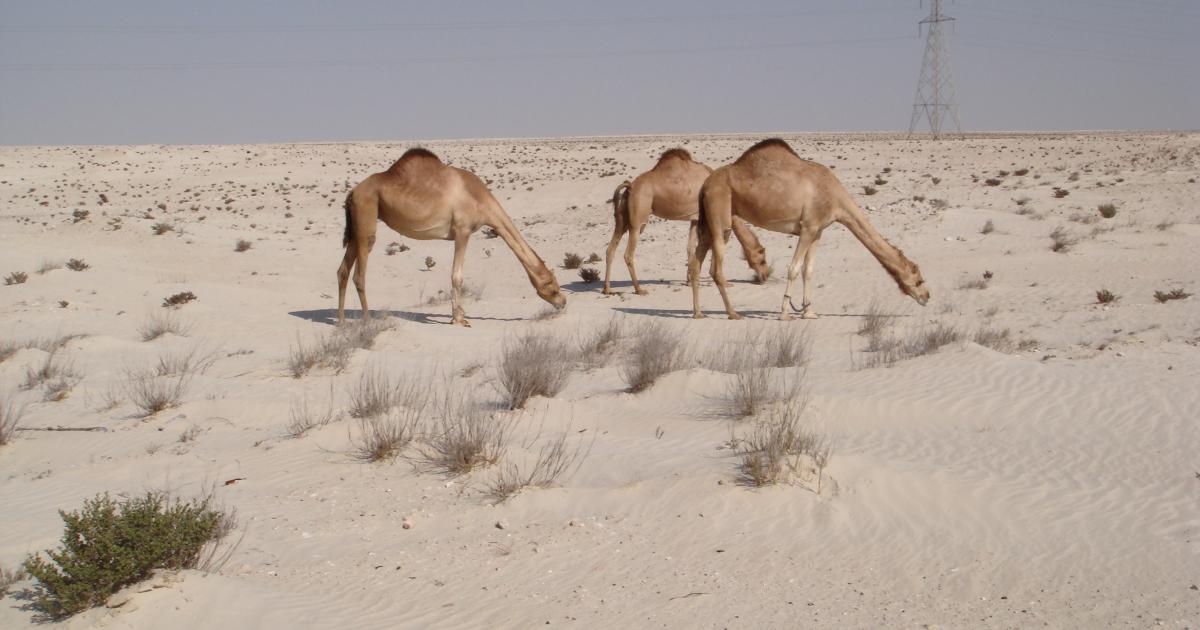rupol2000
Gold Member
- Aug 22, 2021
- 18,215
- 2,621
- 138
- Banned
- #1
Most likely, the ancient history of Iraq is not Arab. Iraq is the Arabic name for Babylon, it was also known as Uruk, this root is similar to the word "urbanization", and this apparently meant simply "city".
Most likely the Arabs came from Assyria, or they founded Assyria. Babylon was hostile to Assyria, In alliance with Media, they defeated Assyria.
It is possible that Babylon was also related to the ancient Aryans, because the Babylonian mythology associated with the actions of Marduk is a variant of the Aryan serpent-fighting myth.
Most likely the Arabs came from Assyria, or they founded Assyria. Babylon was hostile to Assyria, In alliance with Media, they defeated Assyria.
It is possible that Babylon was also related to the ancient Aryans, because the Babylonian mythology associated with the actions of Marduk is a variant of the Aryan serpent-fighting myth.




